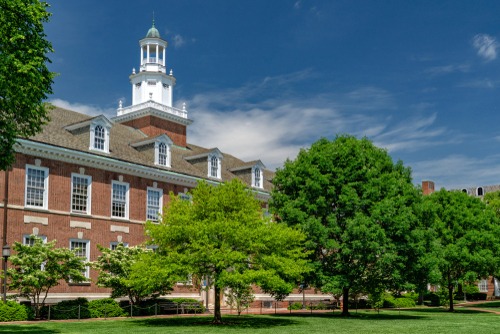
Thanks to a $400,000 grant from The Rockefeller Foundation, the Johns Hopkins Center for Health Security will document, evaluate and spread information on large-scale health successes among the COVID-19 response in low and middle-income nations over the past year.
This information will be used as teaching points for others to see and replicate successful outbreak response capabilities worldwide. Pursued in partnership with the Exemplars in Global Health program, the research will compile lessons learned alongside best practices, focusing on policies that allowed for control without sacrificing essential health services. The research will also delve into how these policies adjusted with time.
“The provision of essential health services is critical to reducing disease transmission, supporting population health, and enabling safe and healthy communities,” Dr. Naveen Rao, senior vice president of health at The Rockefeller Foundation, said. “Uncovering successful approaches for maintaining essential health services will be a critical tool for public health stakeholders the world over.”
Research at Johns Hopkins will be pursued for the next year and a half. It will seek to identify four examples of exemplary national efforts in Asia and Latin America. It will collaborate with local research institutions in these regions to achieve this. As the project goes on, findings from these in-country partners will be shared with government officials and other regulating bodies to produce and implement better national policies, as well as to provide technical guidance.
“Though the global response to the COVID-19 pandemic has lasted more than a year, there is still a great need to better understand why and how certain countries, especially those with limited resources, have been able to contain the spread of the virus while maintaining access to essential health services,” Dr. Jennifer Nuzzo, senior scholar and the lead researcher for the project, said.




